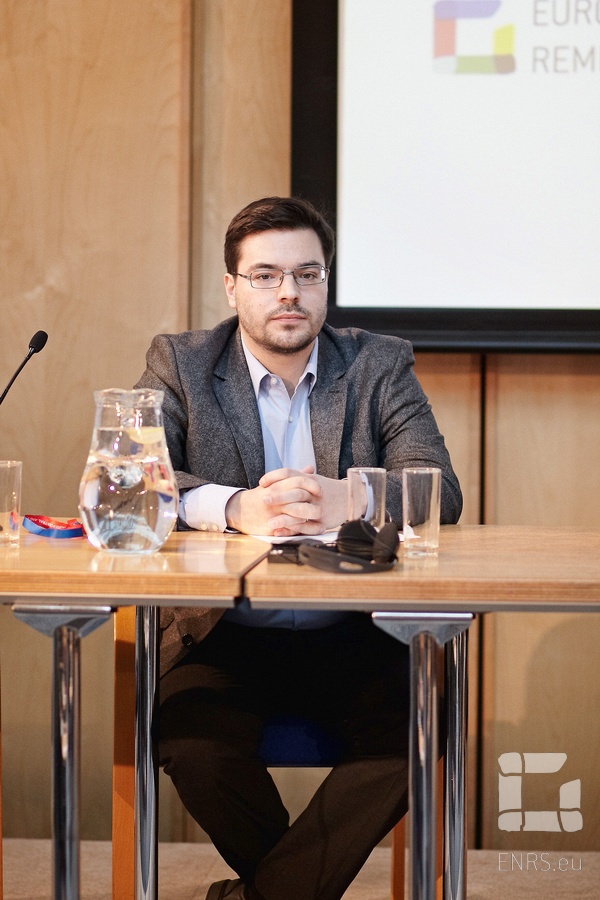Interview with Dr Stanisław Tyszka
Adam Tycner: Does the fact that the Czech Republic managed to carry out reprivatisation result from the Czech political class having a different attitude to communism than Poland?
Stanisław Tyszka: Property restitution was similar to lustration (vetting and decommunisation) in that it was one of the ways to reconcile the communist past and restore justice. This was successfully carried out in the Czech Republic, because the anticommunist current was victorious there, whereas in our country it has failed utterly. In Poland, the political changes were the earliest to take place in the region. When the Czechs voted on the first reprivatisation bill, we still had an interim parliament (the Contract Sejm) dominated by the Communist Party. There was a widespread conviction among our influential politicians that in exchange for a share of power it was necessary to let the communists retain control over the economy.
At the end of 1991 there was no Contract Sejm. The opposition had come to power.
Yes, but if we look at the other countries in the region, we see that the most important period was just after 1989. On a wave of public enthusiasm, it was then possible to reconcile communism and implement reprivatisation (the restitution of nationalised property). In Poland, these first moments of freedom were lost, and instead of focusing on the restitution of property, the government of Tadeusz Mazowiecki began privatisation. The Bielecki and Suchocka governments didn’t rush to adopt legislation, while Jan Olszewski was prime minister for such a short period that he didn’t have time to draft a relevant legislation. Meanwhile, privatisation progressed.
In Czechoslovakia, the order was reversed.
Yes. The Czechs felt that first you have to make restitution to those who were illegally deprived of their property. Starting privatisation before restitution was the original sin of the Polish Third Republic. It limited the opportunity to return property. In 1993, Prime Minister Pawlak removed the ban introduced by Hanna Suchocka on the sale of agricultural land to which claims had been filed. Within four years of post-communist government, a huge portion of what was to be given back to former owners was sold off.
How far did nationalisation reach in communist Czechoslovakia? Were the Czechs and Slovaks in a better position than the Poles in 1989?
On the contrary. Expropriation took place to a much greater extent there than here. In our country, like in Yugoslavia, collectivisation failed and a large part of the agricultural land belonged to the peasants. Houses also largely remained in private hands. Meanwhile, in Czechoslovakia in 1989, everything was in the hands of the state.
What principles guided the Czechs and Slovaks in their reprivatisation?
The Czech Parliament passed the main bills in 1990 and 1991. Firstly, property that was taken between 1955 and 1961 was given back, i.e. service buildings. Later, a comprehensive restitution law was passed. Owners or their descendants could apply for restitution in kind. If this was not possible, they received compensation.
Could anyone apply for the return of their property?
In 1990 yes, but a year later legislation was passed under which only Czechoslovak citizens who lived permanently in the country could apply for restitution. This ruled out hundreds of thousands of immigrants and their descendants from the entire process. It was the subject of a lot of dispute and finally the Constitutional Court ordered the deletion of this provision. There was no restitution of property expropriated in the years before 1948, before the communists took over power completely. Of course the idea was to not have to return property to the Sudeten Germans. But after the war the state also took over large industrial plants. Thanks to these regulations, they did not have to be returned.
Does that mean that Jews whose property had been appropriated during the war were not able to apply for restitution?
Initially this was the case, but the Czechs quickly rectified this error. They made an exception for people whose property had been expropriated for reasons of race.
Why did Czech churches have such a big problem with the recovery of property?
Whenever the Czechs regained their independence, anticlerical sentiments increased. This was one of those times. Property taken from churches was not subject to privatisation, but a law on its return has not been passed yet. The struggle is ongoing. Of great symbolism is the fate of the most important church in the Czech Republic, the Cathedral of St. Vitus in Prague, located next to the presidential palace, which has changed owners several times. It was only three years ago that a compromise solution was worked out.
How has reprivatisation affected the Czech economy?
Very positively, but social relations have also changed. It helped to restore the middle class, cemented respect for private property and has had a big impact on politics. The conservative party TOP 09 was created by former owners who regained their property.
Can we still use the Czech model?
Yes, because although most of nationalised property has already been sold, it is still possible to receive compensation in the form of substitute land, even that belonging to the Agricultural Property Agency. Today, a reference point for us could be the resolution applied to property east of the Bug River, namely compensation at a level of 20 percent of the value of assets.
Interview by Adam Tycner
Stanisław Tyszka is a lawyer and historian, a graduate of the European University Institute in Florence, where he defended his doctoral thesis on the restitution of property in Poland and the Czech Republic after 1989.
This article was originally published in a special appendix to Rzeczpospolita daily for the 'Genealogies of Memory' conference on 27 November 2013.
